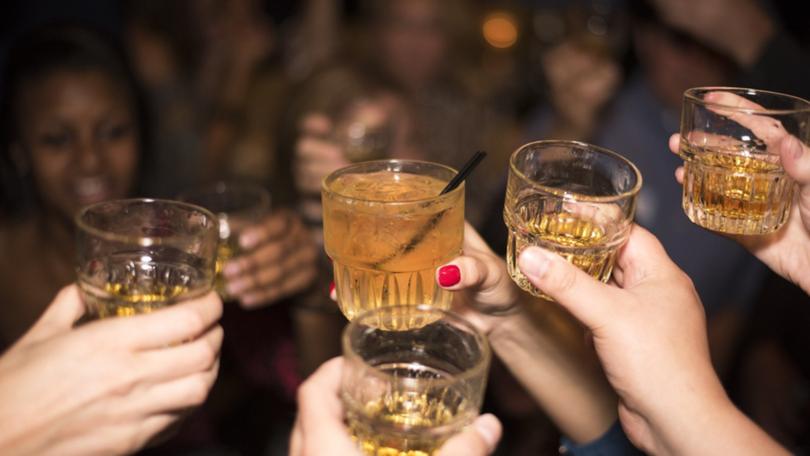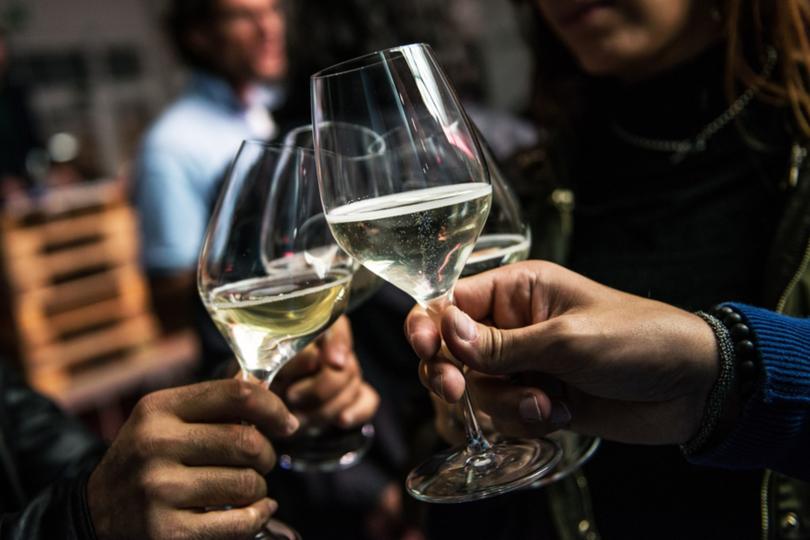CNBC: The only two rules for drinking at a networking event, from a Harvard career adviser
If all else fails, remember: it’s not cocktail hour, it’s ‘relationship-building hour’.

Networking events can be intimidating. You have to be professional but personable, come off as confident but not schmoozy.
Walking this line can be challenging and you might find yourself turning to an open bar to quell some of your nerves.
Imbibing isn’t outright bad, but, as anyone who has had one too many drinks knows, there are some instances when alcohol can hinder your social skills instead of help.
Sign up to The Nightly's newsletters.
Get the first look at the digital newspaper, curated daily stories and breaking headlines delivered to your inbox.
By continuing you agree to our Terms and Privacy Policy.Your goal at networking events is to convey you are “competent, committed and compatible,” says Gorick Ng, a Harvard career adviser and author of The Unspoken Rules.
“It may be called ‘cocktail hour,’ but it’s really ‘relationship building hour,’” he says.
“It’s your chance to walk up to a stranger and turn them into an acquaintance or ally.”

Here is the right way to use an open bar at a networking event, according career experts.
1. Don’t order a drink with a raunchy name.
Industry events should not be where you try something new, says Bonnie Dilber, a recruiter at Zapier.
“A networking event is not the place you want to be when you discover that red wine makes you sneeze or that you really can’t handle tequila,” she says.
Order something you know. However, if your go-to drink has an explicit name, you might want to opt for something else or stick to seltzer.
“Expect that people may ask, ‘What are you drinking?’ as a way to make conversation, so perhaps avoid drinks with names that you might be embarrassed to say to your future boss,” she says.
A networking event is not the place you want to be when you discover that red wine makes you sneeze or that you really can’t handle tequila.
2. Don’t over do it.
Whatever you drink, make sure it doesn’t cloud your judgement.
“I think it’s less about what you’re drinking and more about making sure not to drink too much as this could make it harder for you to stay engaged in the conversation, or lead you to say things you might not otherwise say in a professional setting,” Dilber says.
And, remember, your objective is to build connections.
“Your goal at this cocktail hour isn’t to drink,” Ng says.
“It’s to convince people ... that they should keep you in mind for that next opportunity long after the cocktail hour ends.”
This article first appeared on CNBC.
